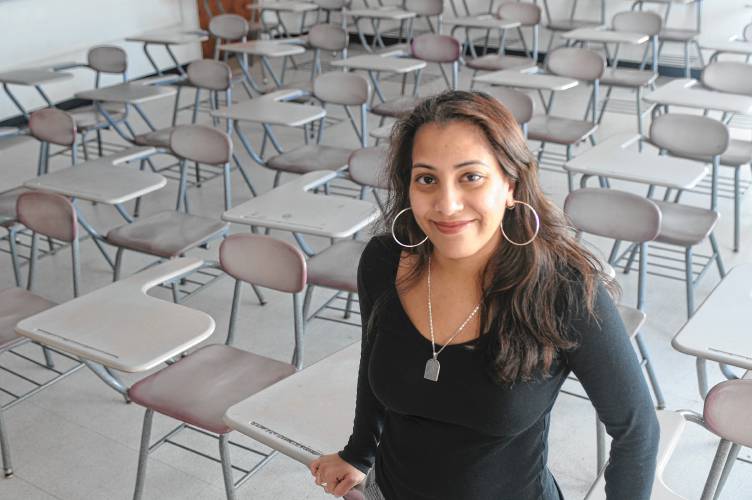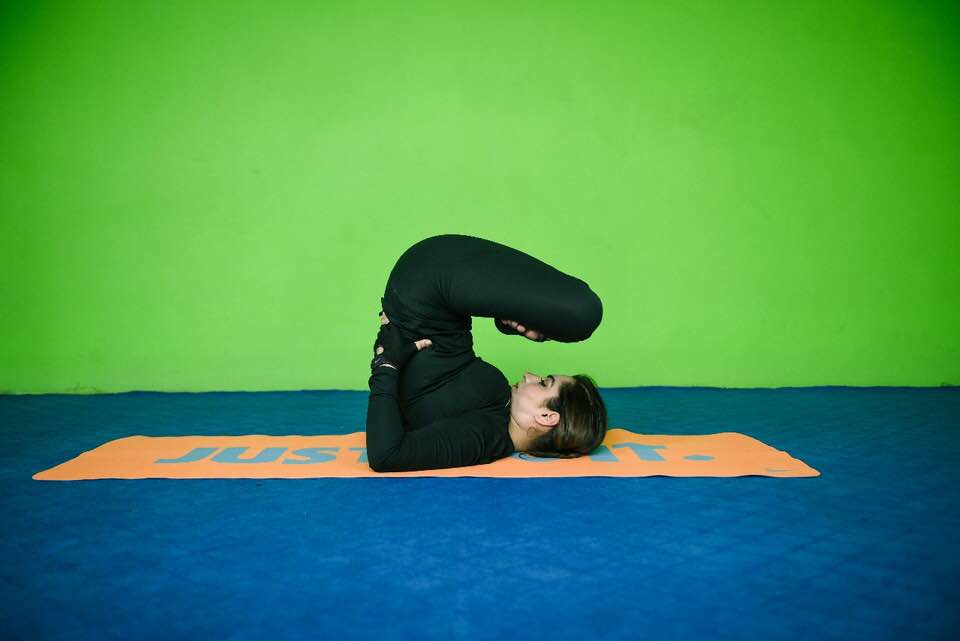“Mommy, am I autistic?” It was a question I hadn’t expected as I drove with my then-13-year-old daughter on our way to a doctor’s appointment.
We’d never hidden it, but my husband and I did not want to label her at an early age with any kind of diagnosis. We wanted her to embrace her quirkiness as part of her personality rather than see it as a disability that others feared and stigmatized. Honestly, we were scared we would say the wrong thing.
It was likely a selfish decision but one born out of love. So we put off the conversation. We figured we’d tell her when she got older. We thought we were protecting her from a truth that would hurt her. It turns out she knew all along. “Why didn’t you tell me?” she asked, her eyes widening with this newfound confirmation of her suspicions.
“It’s just a part of who you are,” I answered, struggling to find the right words to explain. “Just like you have brown hair and a dimple, you are also autistic. It’s why you love anime and can focus on learning Japanese on your own, even though you sometimes space out in math class. It’s why you can sing so beautifully. It’s why you’re so creative and can fill pages and pages with amazing stories.”
“So it’s basically my superpower,” she said, settling back with a smile.
A superpower. It was a term I had never considered, wrapped up in all of my own fears and worries about how autism would shape our lives as a family. But when I look at my daughter and the young woman she is today, it is a fitting word for her.
I didn’t always feel this way. When my daughter was born almost 16 years ago, I looked into her big eyes, with their then mystifying ability to change from blue to green to light brown like a mood ring, and created a map of her journey into adulthood.
“So it’s basically my superpower,” she said, settling back with a smile.
In my head, I had a plan in place to help her navigate the roller coaster of emotions that come with high school drama and crushes. I knew what advice I would give her as she packed her belongings to go off to college. I could already feel my eyes well up at the thought of what a beautiful bride she would make one day, clad in red and gold, henna on her hands.
It was a guidebook based purely out of my own personal experience. A projection of my own past foibles and triumphs, somehow pushed onto a child whose journey had not yet begun. In mentally creating a perfect path for my daughter, I was viewing her as my mirror image, rather than an individual with her own challenges and strengths. Autism cured me of that narcissism.
When that diagnosis became a reality, I was terrified at the thought of navigating this uncharted territory. I read everything I could and none of it made any sense to me. I learned that one in 59 children has been identified on the autism spectrum. But no one could tell me why or how to fix it. And back then, as a mother, all I wanted to do was fix it for my daughter.
But she isn’t broken and doesn’t need fixing. That’s a lesson she taught me through her own resilience when faced with the challenges that come with autism. When she was told that she might not be able to ride a bike because she struggled with coordination, I saw her practicing up and down our driveway on her pink bicycle until she no longer needed the training wheels.
As lessons become more challenging, she works late into the night in her bedroom to finish her homework, having set a goal to graduate high school on schedule and go to college. And as social relationships become more nuanced and complicated, she works tirelessly on her communication and social skills, always going the extra mile to befriend those who are shyer or have far more severe needs than she has.
She isn’t broken and doesn’t need fixing. That’s a lesson she taught me through her own resilience.
Her effort fills my heart with both pride and profound sadness because it comes at a cost. Navigating a neurotypical world is exhausting for my neurodivergent daughter. Maintaining consistent eye contact, dealing with an endless barrage of overwhelming sensory stimulation all day long and coping with the insidious anxiety of making social faux pas without meaning to is a struggle so tiring that there are nights when my daughter retreats into her own world to recharge her batteries.
I leave her alone during those times, giving her the space and love she needs to be herself after trying to fit into society’s rigid norms for most of the day. And I pray for a day when the world will make just as much effort to conform to her needs as she does to conform to its expectations.
Shaheen Pasha teaches journalism at the University of Massachusetts Amherst. This piece was originally published at The Daily Hampshire Gazette and is reprinted here with permission.

















